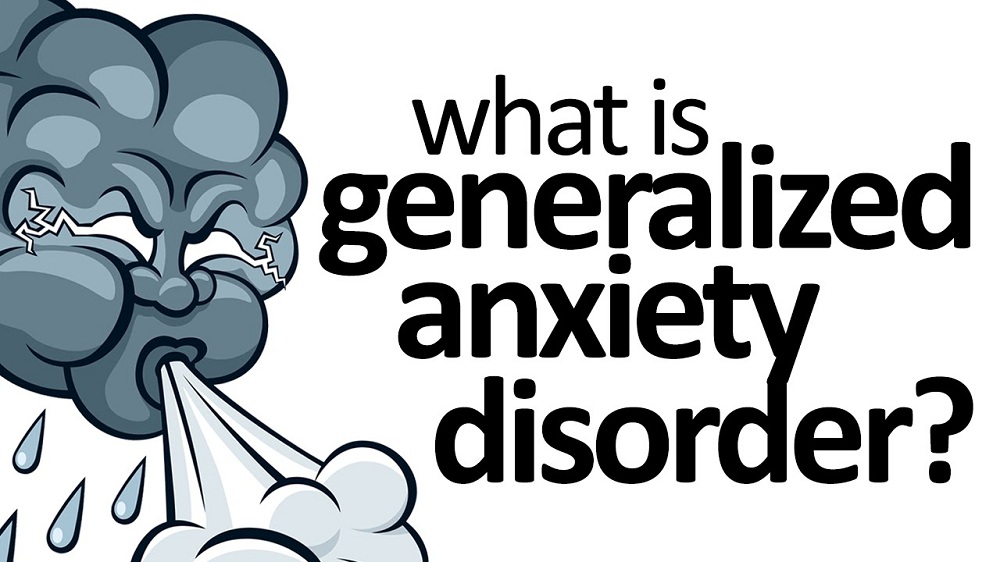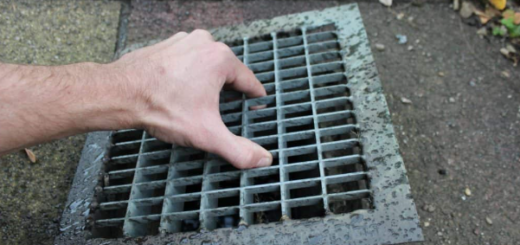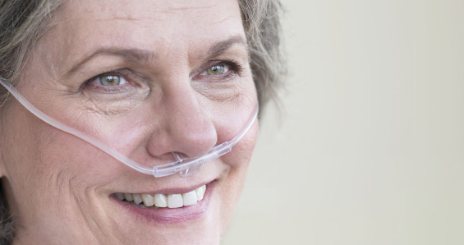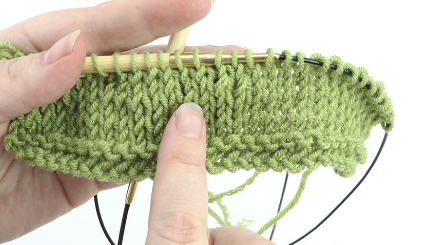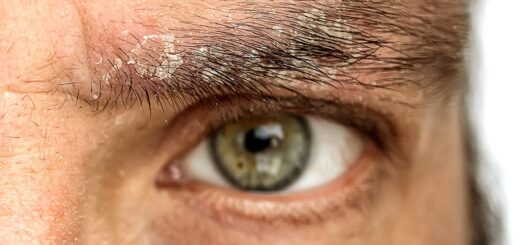Generalised Anxiety Disorder: How to Deal With It
Anyone who has suffered a panic attack even once has an idea of how debilitating anxiety can be. Shortness of breath, tightening of the chest, and dizziness are all classic symptoms of a panic attack. But for those with generalised anxiety disorder, daily life can be a series of trials and tribulations. Fortunately, personalised cognitive behavioural therapy can be a wonderful source of relief (you can read more about the therapy at thechelseapsychologyclinic.com).
What is generalised anxiety disorder?
Generalised anxiety disorder (abbreviated GAD) goes beyond normal everyday worry about stressful events. We all know someone who is considered a “worry-wart” (or we, ourselves, are the worry-wart), and it is likely that that individual is afflicted with GAD. While most of us go through periods of stress and anxiety in our lives, GAD is a constant underlying worry about everything or, sometimes, nothing at all. An individual is diagnosed with GAD after six months of difficulty controlling daily anxiety.
What are the symptoms of generalised anxiety disorder?
The symptoms of GAD are numerous and vary from person to person. Most common symptoms include irritability, muscle aches due to tension, sleeplessness, fatigue, and general restlessness. Headaches, nausea, sweating and trembling are also not uncommon in many GAD patients. Most patients with GAD have an accompanying mental disorder; generalised anxiety disorder is rarely a stand-alone condition. Panic disorder and depressive disorder often co-occur with GAD.
What can I do to control it?
Generalised anxiety disorder can be tricky to deal with on a daily basis. Trial and error are key when determining the best course of action for day-to-day mental maintenance. For acute anxiety attacks, breathing exercises can be a lifesaver. However, the old “take a deep breath” method generally does more harm than good. Since a person experiencing a panic attack tends to breathe quicker and take in deeper breaths, hyperventilation is a very real danger, leading to dizziness or numbness. A better suggestion is to take slow, shallow breaths to allow breathing to return to normal.
Another trick to ease acute anxiety symptoms is to “ground” yourself. During a panic attack, it is very easy to slip into a “floating” mindset and lose sight of reality, which in turn makes anxiety worse. To ground yourself, first focus on the objects around you. Floor tiles, a rug, or something anchored to the ground (a bathroom vanity, for instance) are all good options. Look at the shape of the object, the pattern on it, and focus on all of its features. If you are using the floor as a grounding point, try to focus on your feet touching the floor. Feel yourself rooted to the spot and allow your anxiety to leave your body and flow into the floor. Another method is to name out loud five things you can see, four things you can touch, three things you can hear, two things you can smell, and one thing you can taste. Focusing on your senses is a great way to get out of the negative headspace of a panic attack.
Can I take medication to treat GAD?
The short answer is yes. Antidepressants like selective serotonin reuptake inhibitors (Prozac, Zoloft, and Paxil are all examples of SSRIs) or tricyclic antidepressants are long-term options, while benzodiazepines are better for acute attacks. Finding the correct medication and dosage for you may not happen immediately, so don’t be discouraged if you do not experience immediate relief, and be sure to tell your doctor about any side effects you may be experiencing.
Can therapy help?
Cognitive behavioural therapy is a wonderful tool for handling GAD. A licensed psychologist can help you to identify triggers that cause anxiety and can provide exercises to help keep those triggers at bay. Many patients begin treatment by attending therapy once or twice a week, with visits decreasing to bi-weekly or monthly as symptoms improve. Talk to your doctor to see what type of therapy is right for you and your anxiety.
Generalised anxiety disorder can be a debilitating illness, but it doesn’t have to control your life. Resources are available to help combat symptoms and put YOU back in control of you.

